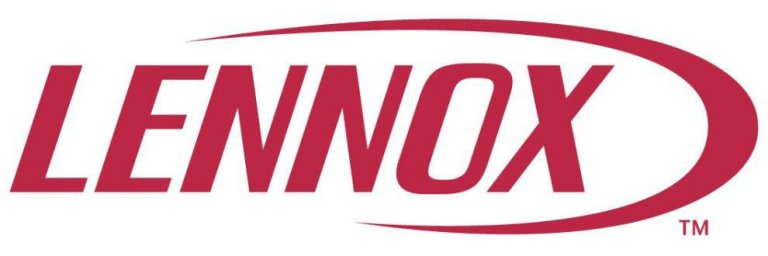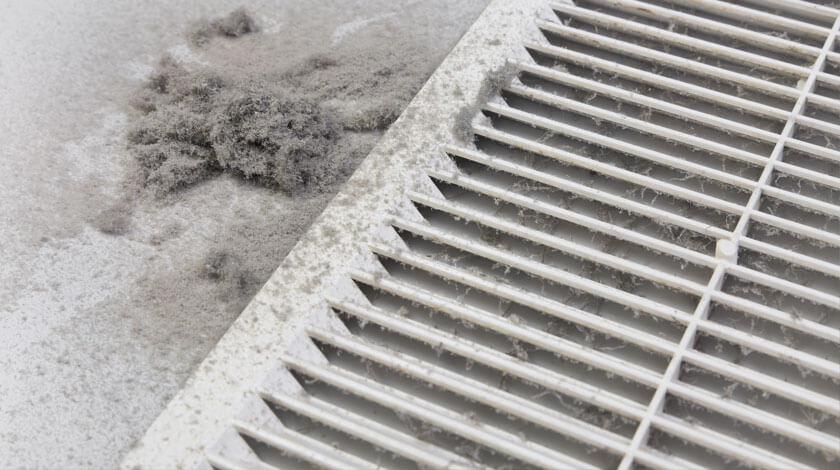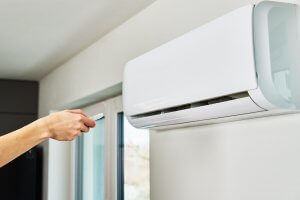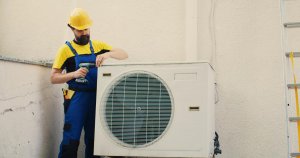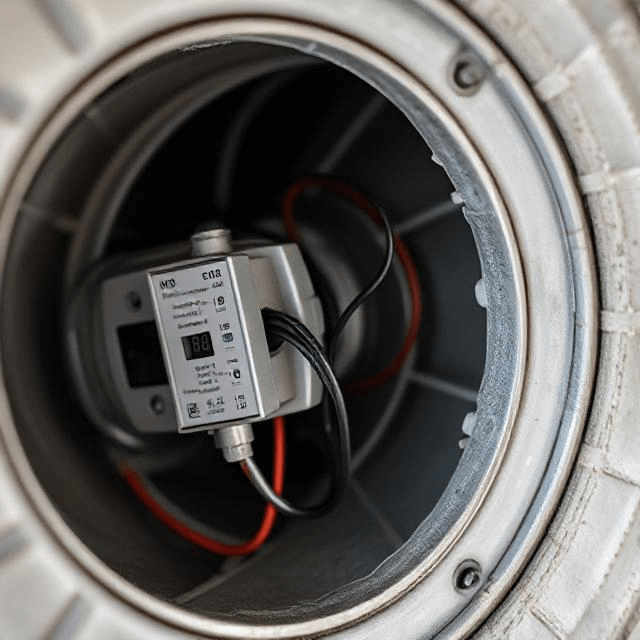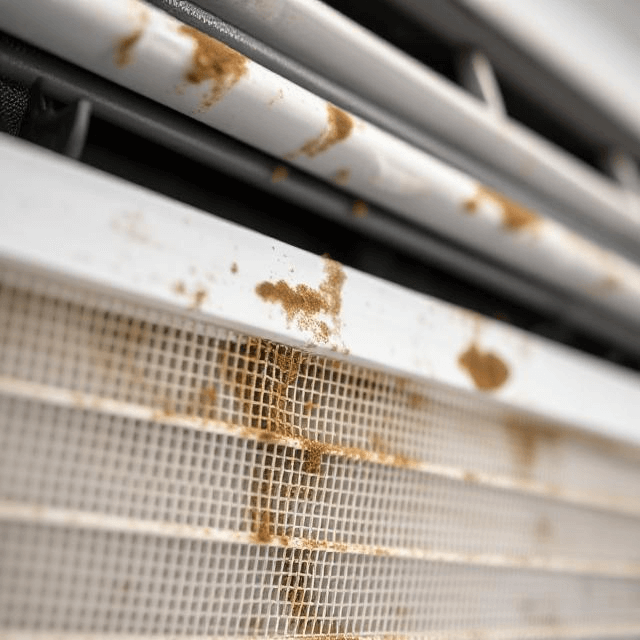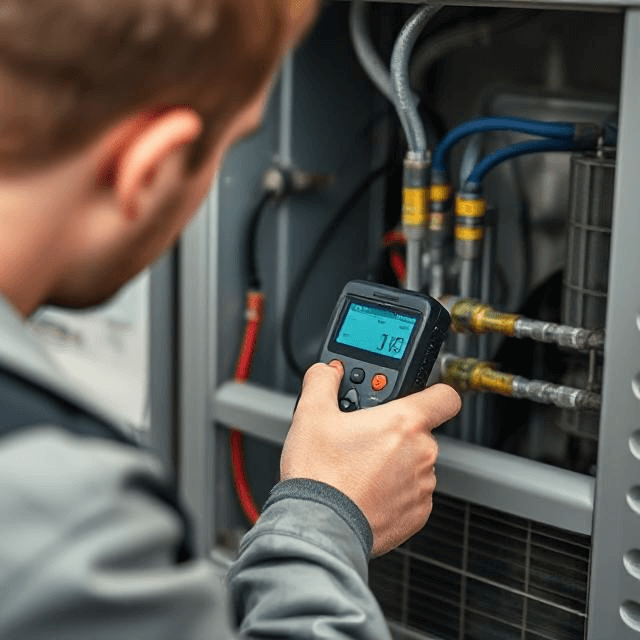The air quality we breathe inside has become a concern for health, productivity, and overall well-being. After all, we spend 90% of our time indoors. Ensuring this environment is comfortable and safe depends mainly on proper ventilation. Ignoring this can lead to serious health risks and mold growth due to high humidity.
At Season Control HVAC, we understand the importance of ventilation in maintaining indoor air quality. That’s why we offer professional indoor air quality services to help optimize airflow and purify your indoor environment.
In this article, let’s learn more about indoor air quality and the role of proper ventilation. Let Season Control HVAC assist you in creating a safer, healthier indoor environment with our comprehensive ventilation solutions.
Why Does Indoor Air Quality Matter?
Indoor air quality describes the cleanliness and health of the air within and surrounding buildings and structures. It is essential because:
- Immediate Health Effects: Exposure to poor indoor air causes symptoms like headaches, fatigue, and irritation of the eyes, nose, and throat.
- Long-term Health Risks: Prolonged exposure can result in respiratory diseases, heart disease, and even cancer.
- Impact on Productivity and Well-being: Since most people spend a significant amount of time indoors, the air quality in these environments plays a crucial role in their overall health, productivity, and quality of life.
Understanding Ventilation and Its Impact
Ventilation exchanges indoor air with fresh outdoor air. It is vital in reducing indoor pollutants, controlling humidity, and providing comfortable and safe indoor environments.
Removal of Contaminants
Ventilation systems are essential for removing pollutants from indoor spaces. These can include chemicals from cleaning products, appliance emissions, and volatile organic compounds (VOCs) emitted by building materials and furniture.
By introducing fresh air from outside, ventilation dilutes and removes these contaminants.
Control of Airborne Pathogens
Recent global health events have emphasized the importance of ventilation in controlling the spread of airborne pathogens. Good ventilation reduces the concentration of viruses and bacteria in the air, lowering respiratory infection risk.
Regulation of Humidity
Excessive humidity contributes to the growth of mold and mildew, which are harmful to the building structure and the health of its occupants. Proper ventilation helps maintain an appropriate humidity level indoors to reduce the risk of mold growth and associated health issues.
Elimination of Odors
Odors from cooking, pets, or other sources can accumulate in poorly ventilated spaces, leading to an unpleasant indoor environment. Adequate ventilation ensures that these odors are expelled and replaced with fresh air to maintain a more pleasant living or working space.
Improvement of Comfort
The flow of fresh air can also help regulate temperature and prevent the buildup of stale air, contributing to a more comfortable and inviting indoor environment. This is particularly important in spaces that are densely populated or where people spend significant amounts of time.
Energy Efficiency
Modern ventilation systems can improve energy efficiency, particularly heat recovery ventilators (HRVs) or energy recovery ventilators (ERVs).
These systems minimize the loss of heating or cooling energy by exchanging heat (or cooling) between incoming and outgoing air streams, thus maintaining indoor air quality without excessive energy use.
Solutions for Improved Ventilation
Improving ventilation is necessary for improving indoor air quality and enhancing the health and comfort of indoor environments.
Here are some effective strategies for optimizing airflow and reducing indoor air pollutants:
- Regular HVAC Maintenance: Keeping HVAC systems well-maintained ensures they function efficiently to circulate and filter air properly. Season Control HVAC provides comprehensive HVAC maintenance services to keep your system running smoothly.
- Installation of Air Purifiers: Complementing your HVAC system with air purifiers can significantly reduce airborne particles and contaminants, improving indoor air quality.
- Utilizing ERVs and HRVs: By incorporating Energy Recovery Ventilators (ERVs) and Heat Recovery Ventilators (HRVs), you can boost the energy efficiency of your ventilation. These devices reclaim heating or cooling energy from exhausted air to precondition the incoming fresh air.
- Enhancing Natural Ventilation: Whenever possible, increasing natural ventilation through open windows and doors can markedly improve indoor air quality. It’s important to balance natural and mechanical ventilation systems for optimal air quality.
- Customized Ventilation Solutions: Each space is unique and requires tailored ventilation solutions to meet its specific needs. Assessing the current ventilation situation and implementing advanced technologies can improve indoor air quality.
- Monitoring Indoor Air Quality: Continuous monitoring solutions for indoor air quality are invaluable. They offer real-time data about the air you breathe. This aids in pinpointing areas that require improvement and ensures a healthier indoor environment.
Breathe Easy with Enhanced Ventilation Solutions by Season Control HVAC
Proper ventilation is not just a feature of modern living. It’s necessary for maintaining healthy indoor environments.
Remember, a proper ventilation system directly impacts your health, productivity, and comfort. By addressing indoor air quality through enhanced ventilation, you’re taking the right step towards safeguarding your well-being and that of others who share your space.
For professional ventilation solutions, contact Season Control HVAC at (818) 495-6719. We are committed to delivering clean, fresh air where it matters most.
Together, let’s create environments where you can truly breathe easy!
